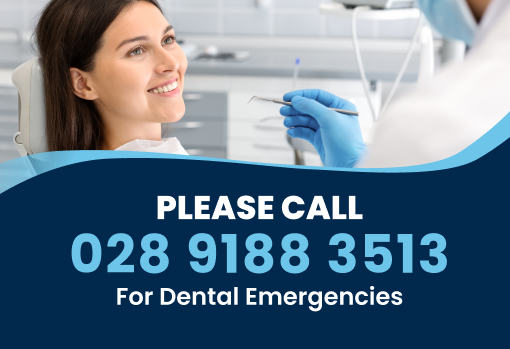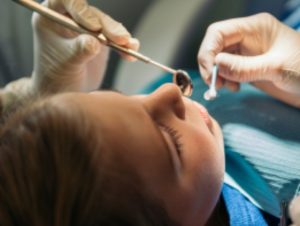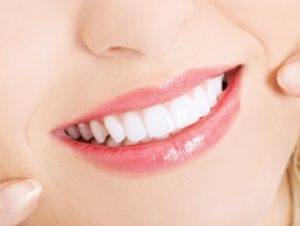Establishing good oral hygiene early is crucial to help young children keep their teeth healthy and strong. Visiting the dentist regularly is important too, so that they can feel as relaxed as possible during check-ups. Around two years old is a good age to start arranging children dental care check-ups. Habits around children dental care that can be started at a young age can ensure that a person continues to enjoy good oral health well into adulthood. Your child’s dentist is a key person to help you protect their teeth and help them keep them clean and cavity-free.
Starting children dental care at home
There is plenty you can do to encourage children dental care at home, even before baby teeth start to appear. Familiarise your baby with the idea of having a soft toothbrush in their mouth. Rub gently along the gums to show that the sensation need not be an unpleasant one. Show your toddler how you brush your own teeth and look after your mouth and gums. There are many ways in which you can make brushing teeth an enjoyable, bonding experience between you.
Take young children with you when you visit the dentist for your own routine check-ups. Talk to them about what’s going to happen in advance and keep your tone light and positive. Minimise the amount of sugar that young children are exposed to, to help protect delicate tooth enamel from decay. You can also use a toothpaste with added fluoride for enhanced protection. As soon as your child is able to hold a toothbrush, let them have a go and encourage their efforts.
Helping establish good routines
Even though your child might like having a go at brushing their teeth on their own, you should still help them. Consider brushing them yourself until they are around seven or eight years old. Certainly oversee their efforts to make sure they do a thorough job. Once they are old enough, your dentist can show them what to do during their routine children dental care appointments. They can also answer any questions any of you may have about children dental care. Remember that NHS children dental care is free in most cases, so there should be no excuse for taking them along. Many dentists are specially set up to welcome children and know how to put nervous patients at their ease.
If your child doesn’t know how long to brush their teeth for at home, an inexpensive timer can help encourage them to keep going for longer. A good amount of time is around two minutes, at least twice a day. If your child uses mouthwash, have them do so before brushing with toothpaste. This is because it is beneficial to allow the toothpaste to stay on the surface of the teeth to help guard against plaque for longer. Mouthwash will swill it all away. Likewise, giving water or milk to drink with meals rather than juice or soda will avoid acidic liquids staying on the enamel, damaging the surface and exacerbating decay.
Safety first!
Never allow children to run around with a toothbrush in their mouth. This could lead to an accident that would require emergency children dental care. Keep toothbrushes as clean as possible and replace them regularly. Keep toothbrushes in the bathroom, or safely tucked away in a cupboard. Do not let children dip brushes into any liquids or use them for any other purpose other than oral hygiene. If you use electric toothbrushes, change the batteries yourself and never leave old batteries anywhere unsafe, where they could be inadvertently swallowed.
If your child suffers an injury to the teeth or mouth, get them to an emergency children dental care facility as soon as possible, or seek help at your nearest hospital. If a tooth is knocked out fully, soak it fully in some milk while you go for help. This could help increase the chance of the dentist being able to reattach it during the children dental care appointment. You can take measures to strengthen and protect teeth from damage and decay. As your child gets older and starts playing sports such as hockey, football or rugby, it is wise to get them fitted for mouthguards to help them withstand any direct hits to the mouth during a training session or match.





